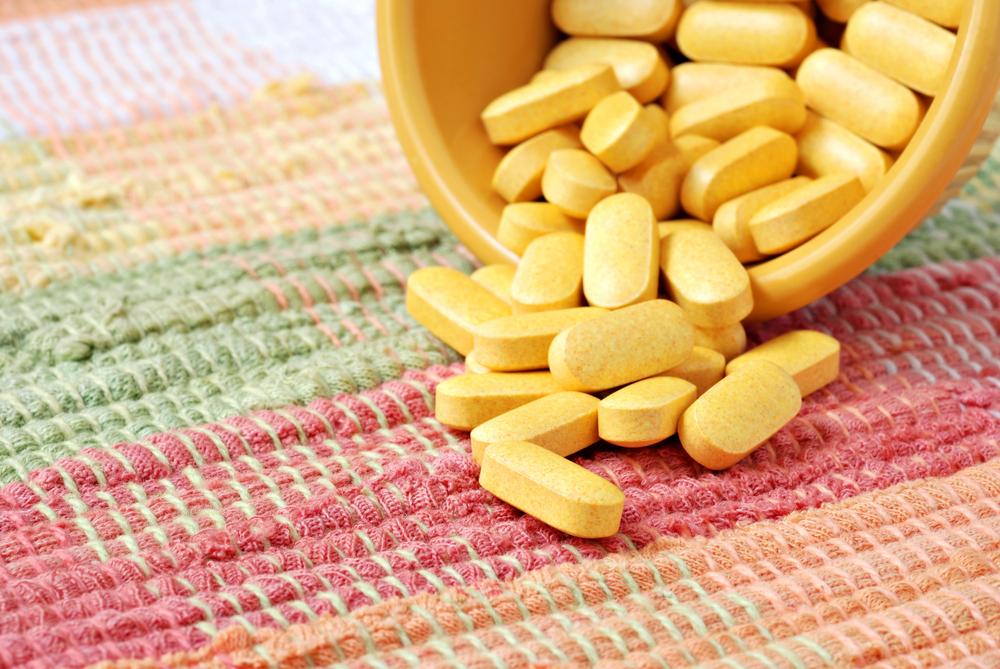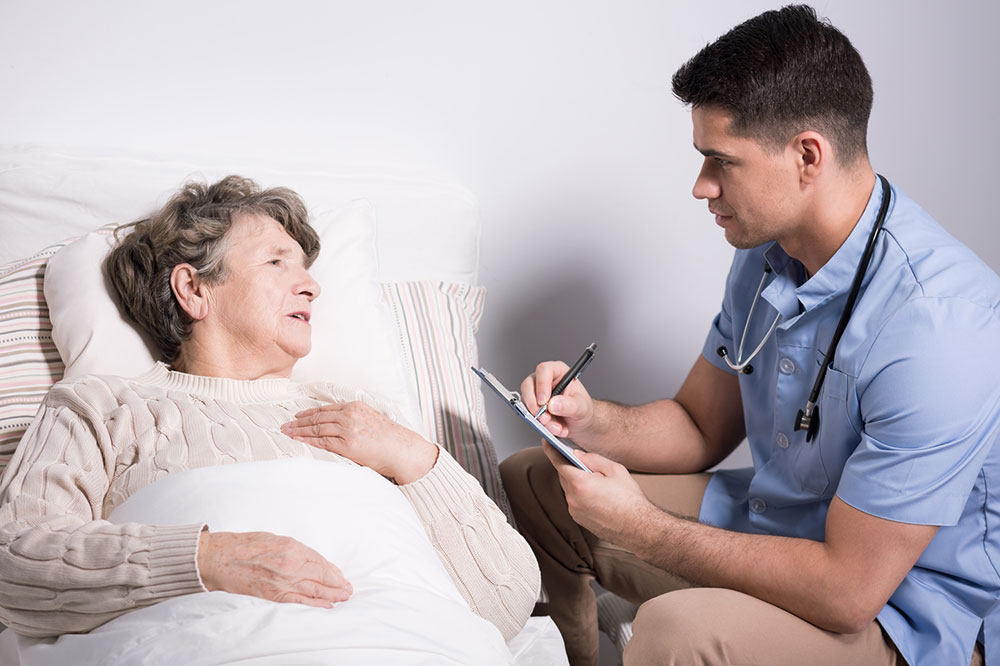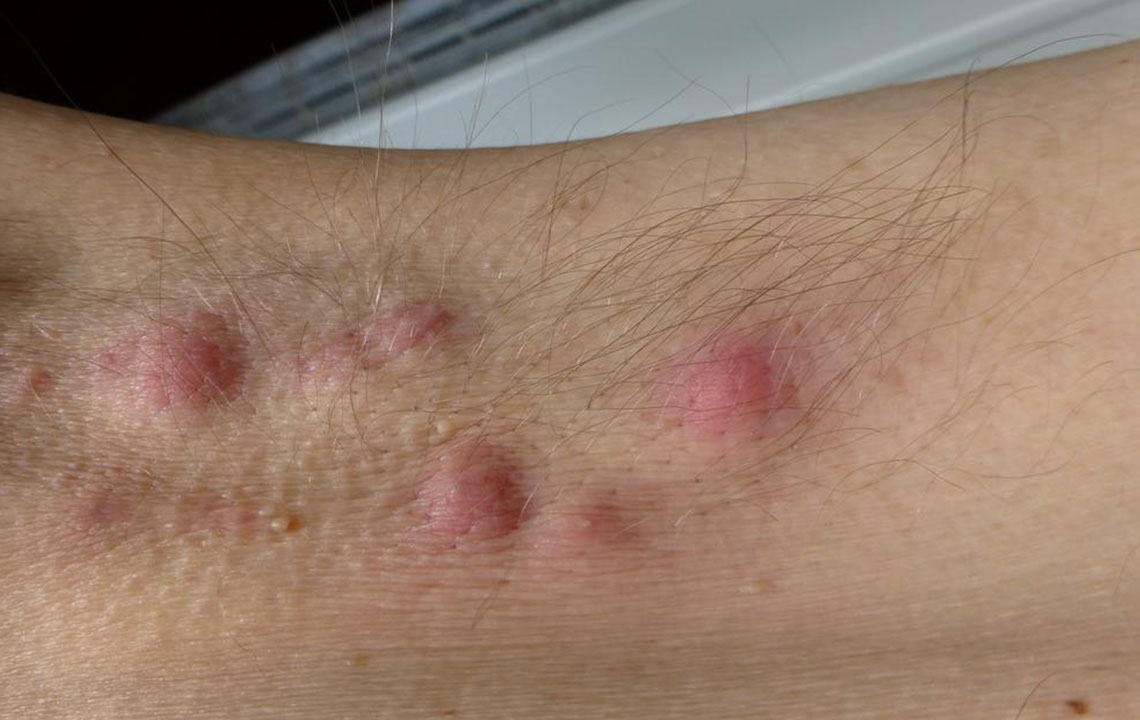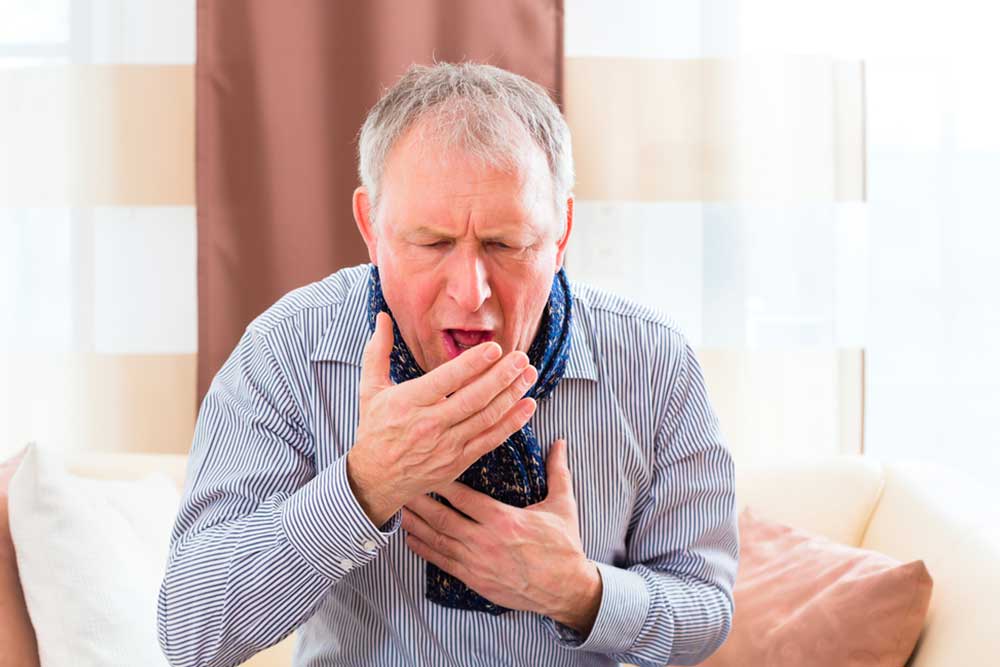Managing Opioid Dependence: Withdrawal and Recovery Strategies
This article explores opioid withdrawal symptoms and the various treatment options available, including medications like buprenorphine, methadone, and naltrexone. It outlines the withdrawal process, symptom management, and strategies for safe detoxification and relapse prevention, providing comprehensive guidance for recovery from opioid dependence.
Sponsored

Understanding Opioid Withdrawal and Recovery Options
Symptoms of Opioid Withdrawal:
Withdrawal from opioids occurs in two stages. The initial stage involves symptoms like:
Fatigue
Yawning excessively
Insomnia
Profuse sweating
Runny nose
Watery eyes
Agitation
Anxiety
Restlessness
Muscle discomfort
The second stage includes:
Goosebumps
Rapid heartbeat
Pupil dilation
Nausea and vomiting
Stomach cramps
Diarrhea
These symptoms can last from a week to a month. Long-term withdrawal effects may include behavioral and emotional challenges. Complete detox often requires medical support, with doctors prescribing substitute medications that mimic opioids to manage cravings and prevent relapse.
Medications play a crucial role in treatment by reducing relapse risks and curbing cravings. Physicians typically taper doses gradually over a period exceeding six months. Commonly prescribed drugs include:
Buprenorphine: Binds to opioid receptors in the brain, tricking it into perceiving adequate opioid levels without producing a high or withdrawal symptoms.
Methadone: Decreases the desire for stronger opioids, attaching to receptors and blocking the effects of illicit opioids, alleviating withdrawal symptoms for about a day.
LAAM: Also known as Levo-alpha-acetyl-methadol, this medication reduces cravings and withdrawal signs for over 72 hours by dampening euphoric effects.
Naltrexone: Used after detox to prevent relapse by blocking opioid effects, making drugs ineffective.
Additional medications: Drugs like Trazodone, Buprenorphine Subutex, Methocarbamol, Dicyclomine hydrochloride, Clonidine, antiemetics, antidiarrheals, and rapid detox procedures support managing symptoms and shortening recovery time.






